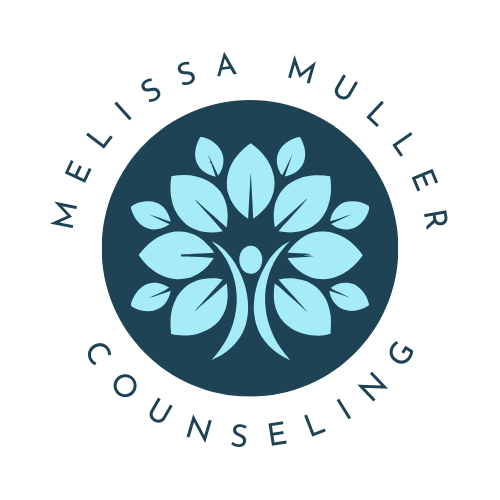I have several people in mental health counseling who are struggling with grief and loss. Grief and loss include the loss of a loved one. Grief can also follow the loss of a relationship through divorce, separation, or the ending of a friendship. Grief also includes the loss of a beloved pet.
Sandy came to me after the sudden death of her husband five days before their 20th anniversary. Vince had a sudden and massive heart attack and died in her arms. Although Vince died over a year ago Sandy was still grieving the loss. She was having difficulty enjoying any part of life. When she came to my office she told me she had plenty of friends and a good support system. Sandy felt as though she were burdening her people by continuing to experience immense sadness. She wanted to talk to a professional in addition to her support people.
Grief is a process. The loss of a loved one or of a relationship is life altering. A healthy support system helps one with grief but it doesn’t take away the heavy sadness, pain, and longing for missing what is lost. Sometimes a mental health professional can be helpful.
There are five stages that typically set in after a loss. The stages are not necessarily in the order outlined below. Once one reaches the acceptance stage the individual may (and often does) go back to the other stages. It is not uncommon to reach acceptance of the loss and then to experience unexpected anger and sadness again. It isn’t a linear process and the time frame is different for different people. Anniversaries of the loss, especially the first year, bring back the intense emotions felt directly after the loss.

Kübler-Ross identified the five stages of grief and loss:
- Denial: Not believing the loss has happened.
- Bargaining: Going over and over what happened and thinking, “what if….”.
- Anger: Then loss seems cruel and unfair resulting in anger.
- Sadness: Sadness and longing for the loved one.
- Acceptance: Not getting over the loss but learning to re-join life with the memories.
The grief process is typically a year. Grief may become what is clinically called, complicated grief, or may lead to a depression. In complicated grief an individual may continue to experience;
- long-term intense sadness
- guilt,
- anxiety and/or depression.
These symptoms affect the ability to engage in life’s tasks and relationships. If one is struggling with the grief process has not sought out professional help prior to the year marker, professional mental health counseling may be beneficial. Although the sadness of a loss may never entirely diminish it is hoped the symptoms will lessen.

In mental health counseling a grieving client can expect ;
- supportive listening
- empathy
- guidance in the grief process
- a non-judgmental listener, and
- a trusting, safe space to learn to live with the loss.
After a few months of mental health counseling Sandy reported she felt as though she had a safe space where she wasn’t burdening anyone with her on-going grief. She stated she felt supported and guided in the process of grief and loss. Eventually, she reported she was feeling less overwhelmed with her grief.
Some helpful ideas for working through the process of grief and loss:
- Give yourself permission and time to feel sad to experience the pain
- Practice Self-Care and Self-Compassion
- Try not to rely on substances to manage your pain.
- Create some rituals to remember what you have lost.
- Be aware of upcoming anniversaries and make a plan for observing the day.
- Use your support people and attempt to re-engage in life in the present.
Sadly, we all have to experience grief and loss in life. Unfortunately, there is no easy way to get through the process of grief and loss. Often a professional mental health counselor can offer a supportive relationship during a difficult time.
*Anytime I mention clients or specific situations I use fictional names and alternate situations.

